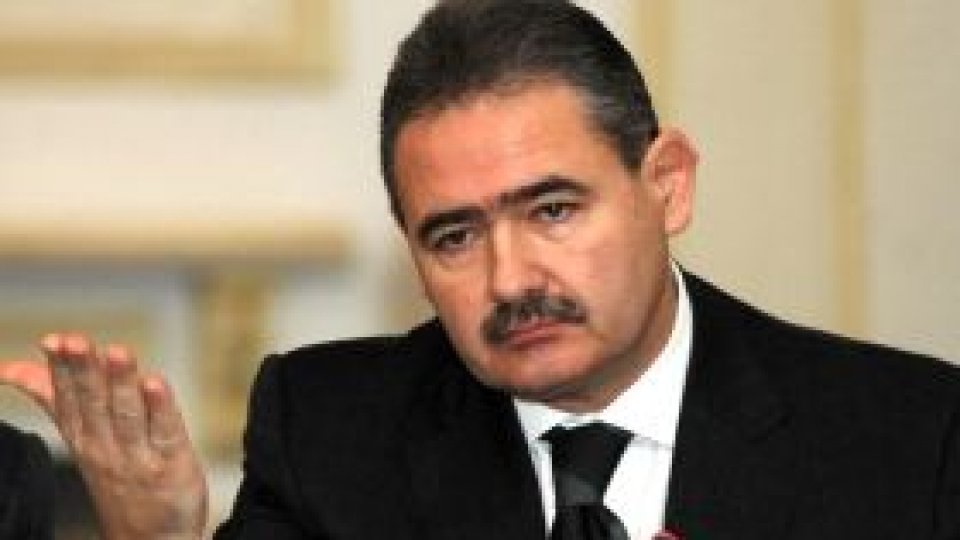IMF Agreement aims at ‘sustainable economic growth’
The IMF representative in Romania, Mihai Tănăsescu said in an interview for Romania Actualitati that the new agreement with IMF and the EC would play a key role in finding solutions for a sustainable economic growth.

Articol de Alexandra Andon, 07 Mai 2011, 12:07
The IMF representative in Romania, Mihai Tănăsescu said in an interview for Romania Actualitati that if the first agreement served an important role in stabilizing the Romanian economy, Romania’s new agreement with the IMF and the European Commission world aim at finding solutions for a lasting, sustainable and long term economic growth.
As for the privatization of some state companies, Mihai Tănăsescu said that the state would continue to have a majority shareholding in several companies in the transport and energy industries.
‘Through its institutions, through its people, Romania must change behaviour, management, and its way of, if you will, addressing public policies in each area of activity. I do not think it is appropriate to speak of complete privatization.’
‘We need to study each case, to analyze every company, every institution, the problems they are facing with and certainly each of them shall be treated separately, so as to, as I have said earlier, maximize its efficiency, ‘said Mihai Tănăsescu.
‘Growth in the first quarter’
Romania’s representative to the IMF claims that statistically Romania has emerged from the crisis.
‘The data I have entitle me to say that, overall, the first quarter has been a positive growth quarter, which shows that, I repeat, statistically speaking, Romania has emerged from recession’, Mihai Tănăsescu said.
He added that the main ways of stimulating economic growth in the coming years were based on the modernization of administrative capacity at both central and local levels in order to attract EU, but also on the prioritization and streamlining of public expenses.
Regarding the increase in the inflation forecast for 2011, that NBR made public on Thursday, Mihai Tănăsescu said that it was the result of ‘the enormous growth’ of the international food price and petroleum products but also of the structural shortages that Romania was dealing with.
Translated by: Denisse-Meda Bucura
MA Student, MTTLC, Bucharest University














